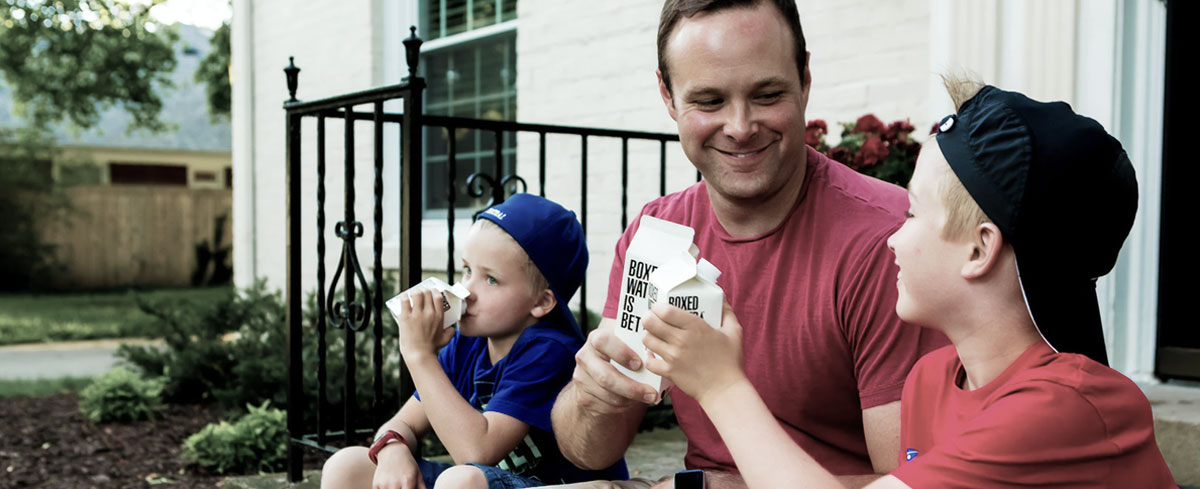Albert Camus asserted any action which acts decisively against injustice and oppression, is to be considered as being part of what he called the ‘generosity of rebellion.’[note]Camus, A. 1951 the Rebel Penguin Modern Classics Kindle Ed[/note]
This concept is largely summarised as being any action: “which unhesitatingly gives the strength of its love and refuses injustice without a moment’s delay. Its merit lies in making no calculations, distributing everything that it possesses to life and to living men and women. It is thus prodigal in its gift to the men and women to come.”[note]Ibid[/note]
While it is an overstatement, if used solely as a definition for homeschooling, I don’t think its essence is entirely redundant.
To educate is to act in such a way as to give an inheritance beyond financial gain. It is to pass on knowledge, faith and character. Reaching beyond the shrine of self and the shelf life of everything money can buy in our commerce cathedrals – whether they be day-care, shopping malls or senior high school.
Consider the Widow’s offering:
Jesus sat down opposite the treasury and watched the people putting money into the offering box. Many rich people put in large sums. And a poor widow came and put in two small copper coins. And he called his disciples to him and said to them, truly I say to you, this poor widow has put more than all those who are contributing to the offering box. For they all contributed out of their abundance, but she out of her poverty has put in everything she had, all she had to live on. (Mark 12:41-44/Luke 21:1-4)
For me, this and Camus’ concept of generosity affirms a hard-won understanding acquired in fourteen years in retail, and eleven of those years in retail management: “it’s not what you’ve got. It’s what you do with what you’ve got that counts.’’
It’s not an absolute rule for all occasions, but it finds serious traction in the home school arena.
Stepping up as the primary educator has shown me that one of the chief purposes of homeschooling is generosity.
This generosity begins with God. Where in Jesus Christ we find ourselves being educated inside our educating.[note]Kierkegaard’s – ‘to teach is to learn’[/note] We then discover that we ourselves are being reached for, even as we stumble to reach beyond ourselves.
“For His Spirit joins with our spirit to affirm that we are God’s children. And since we are his children, we are his heirs.” (Romans 8:17)
Karl Barth reminds us that “in Christ, the humiliation of God is the exaltation of humanity – God does not will to be God without us.”[note] C.D IV/2:31 & C.D IV:1:7[/note]
As heirs with Christ we are grounded with inheritance. We, therefore, find ourselves in a state of adoption (Rom. 8:15).
Here I see four certainties: Provision; Position; Participation; Potential.
All issued forth from God’s promise. All related to the generosity of ‘God’s sovereign choice’ (Rom. 9:1) and compassion. All depending not on human will or effort, but on mercy.
God not only wills relationship with us, He painstakingly made that relationship possible (Rom. 9:15-16).
Camus is right: “Real generosity towards the future lies in giving all to the present.”[note]The Rebel, 1951[/note]





















